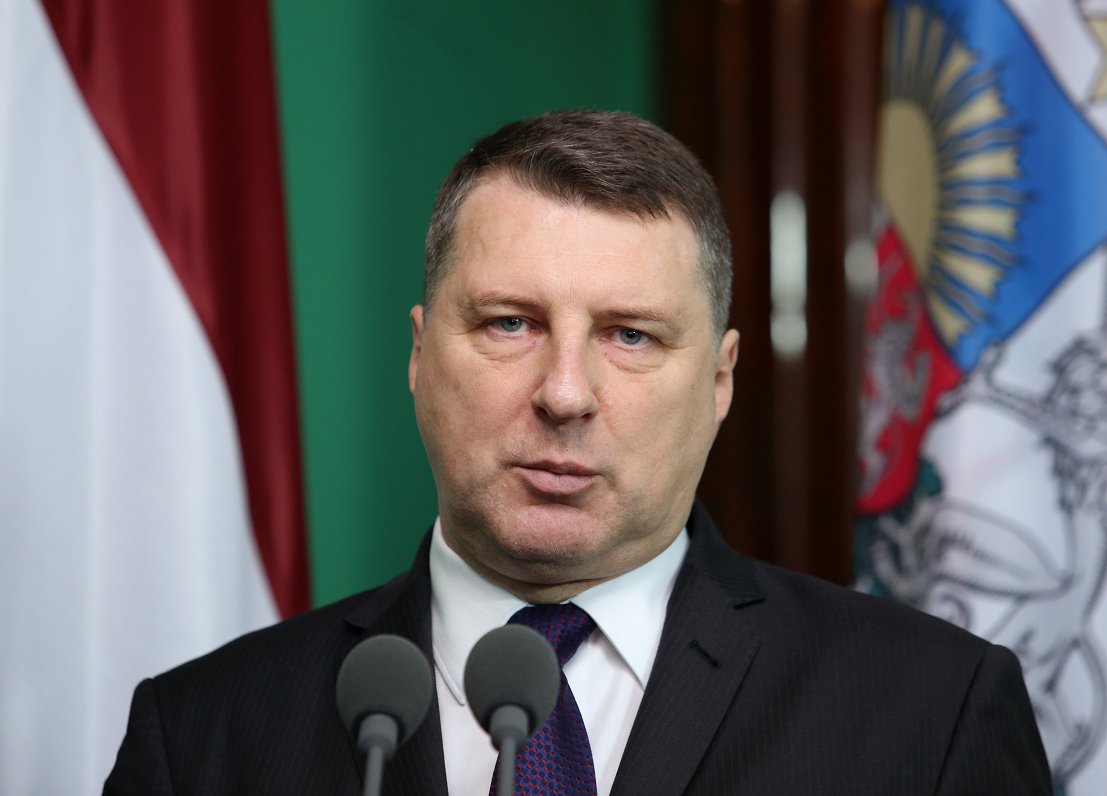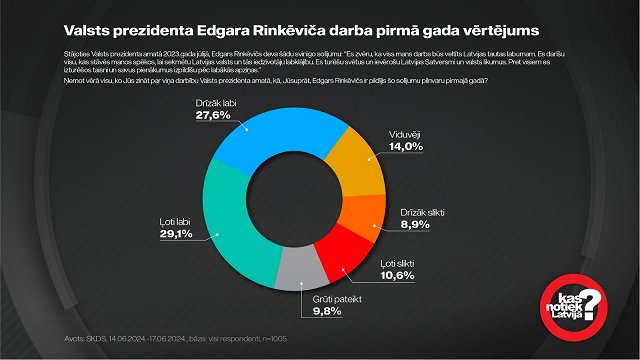"The fact that there are different campaigns in support of a candidate is a normal process which has not, however, been properly regulated in our country. No campaign moves by itself. They are instead often funded. And that is something that MPs should evaluate, I think," he said.
Vējonis has very little support in parliament and is unlikely to be elected for a second term. Latvia elects its president in an open parliamentary vote.
Levits indeed appears to be enjoying widespread support, with the the state bulletin Latvijas Vēstnesis having published a 800-page collection of Levits' essays on valstsgriba just months ahead of the election.
In addition, public intellectuals from across the political spectrum joined in a show of support for Levits, however, one of the signatories of the initiative later claimed his signature was added without him knowing.
51 parliamentary votes are required for the president to be elected, and with the balance of seats taken into account it means any coalition party except New Unity can veto any candidate.
De Facto reported that there's talk in parliament that the liberal Development/For! party might advance its own candidate, seeing as Levits, a moderate nationalist, is more towards the right in the political spectrum.





























